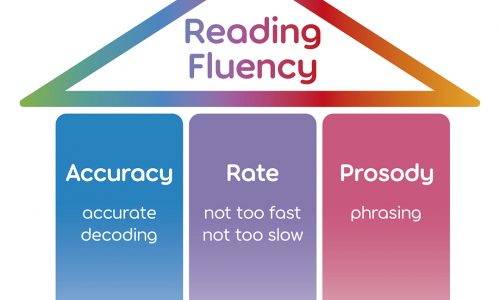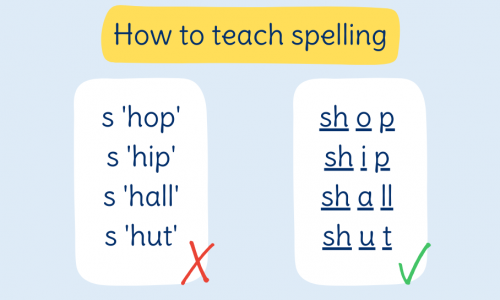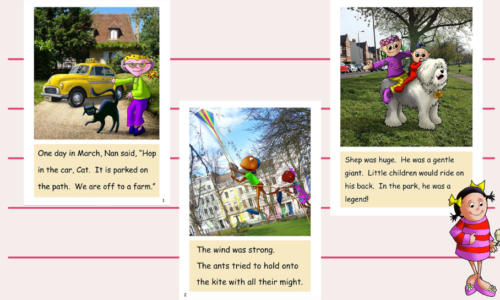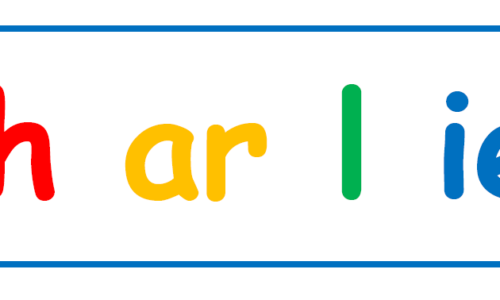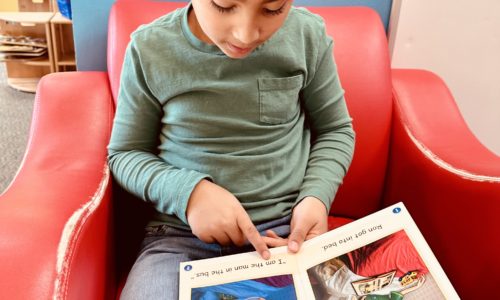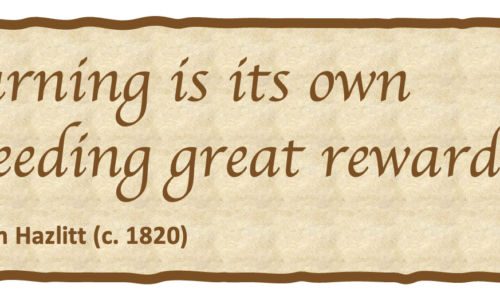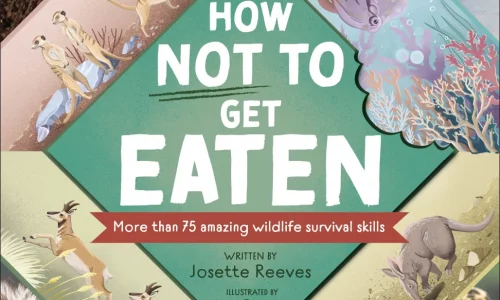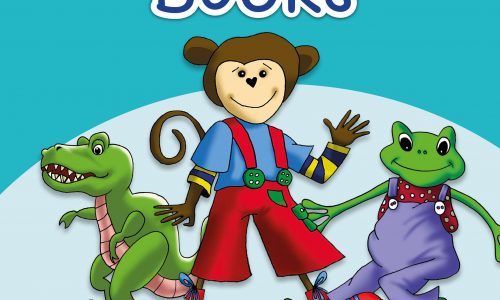
Find out all you need to know about the Phonic Books Dandelion Series Check out our leaflet to find out more about our Dandelion Series and to answer any questions you may have: What is decoding? What are decodable books? Why Phonic Books decodable books? What is the scope and sequence? What titles are in […]
Read More

